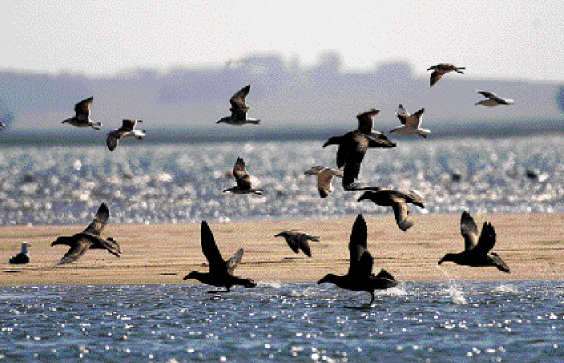Colum Lynch has published an article titled "
The Decline of the International Civil Servant" in
Foreign Policy magazine stating:
The U.N. practice of hiring political appointees has ensured American, French, and British dominance of key U.N. jobs in management, peacekeeping and political affairs. But it has chipped away at the U.N. ideal of the impartial international civil servant, loyal to the founding principles of the U.N., and not beholden to the state that helped get them the job.
He cites the United States Government as one among several nations pressuring the United Nations to employ politically-connected citizens:
Earlier this month, Susan E. Rice, the U.S. ambassador to the United Nations, circulated a letter nominating a single candidate, Tony Lake, to lead the U.N. Children's Fund, an organization that receives most of its funds from the United States, when President Bush's candidate, Ann Veneman, steps down in April. It remains unlikely that Ban, who is ostensibly responsible for hiring the UNICEF chief, will challenge Rice.
UNESCO's Secretariat should consist of international civil servants chosen for their ability to carry out UNESCO's mission. It is especially important that its senior staff -- Assistant Directors General and Director Grade officers -- not only leaders with unchallenged expertise, but officials whose devotion to the organisation is above suspicion. Moreover, UNESCO's important functions depend on the large numbers of educators, scientists and cultural leaders who provide advice and council through UNESCO's committees and boards without pay. They too must be chosen according to the needs for expert advice and not due to the political pressure applied by UNESCO member states.
It is especially important at this moment that UNESCO have both the freedom and incentive to choose well, as the new Director General is in the process of recruiting her Assistant Directors General. He cabinet will have enormous influence on the ability of the organization to carry out its import mission effectively and efficiently.
We expect the United States Permanent Delegation to UNESCO to be vigilant in seeing that UNESCO chooses the very best team possible. Of course, the Permanent Delegation should assure that qualified Americans are considered for positions in the Secretariat and for advisory spots in UNESCO advisory bodies. Indeed the Government, National Commission and Permanent Delegation should seek to assure that there is a strong representation of Americans in UNESCO. They should do so primarily by working to assure that there are very highly qualified American applicants considered for all relevant posts.
The United States should use its considerable influence in UNESCO governing bodies to insist that UNESCO resist pressures from member states and their delegates to bypass competitive processes in appointment. Our Permanent Delegation to UNESCO should seek to enlist allies among other Delegations in that process. It can only do so effectively if it is above suspicion, so that it is doubly important that it not apply inappropriate pressures on UNESCO.
John Daly
The editorial opinions expressed above are those of the author alone, and do not necessarily represent those of Americans for UNESCO.













